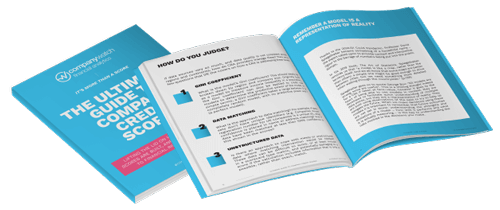6: Economic Impact of Ukraine Crisis
Russia's invasion of Ukraine is a conflict that could develop into Europe’s biggest since 1945 and has destroyed hopes of a strong global economic recovery from coronavirus. The immediate global repercussions of the war will be higher inflation, lower growth, and some disruption to financial markets as stronger sanctions take hold. The longer-term fallout will be a further debilitation of global supply chains and integrated financial markets.
Jo and Nick discuss the ripple effects of the war and its impact on the aviation, energy, motor, and food sectors, amongst others. Russia’s military action in Ukraine will of course have implications for domestic consumers also. The most likely economic impact, at least initially, will come through higher energy prices - felt in petrol prices and then potentially energy bills (for businesses, as well as households). Food prices may also rise, Russia and Ukraine are important producers of wheat, accounting for 30% of global exports. The price of wheat alone has risen over 50% in the past month.
Ukraine also supplies 25% of the world’s neon gas, which is essential to the production of semiconductor chips, which were already in high demand before the war broke out.
Whilst the ultimate outcome of the war is unknown, and perhaps always will be, it has never been more critical to manage supply chains and mitigate your exposure to financial risk.

